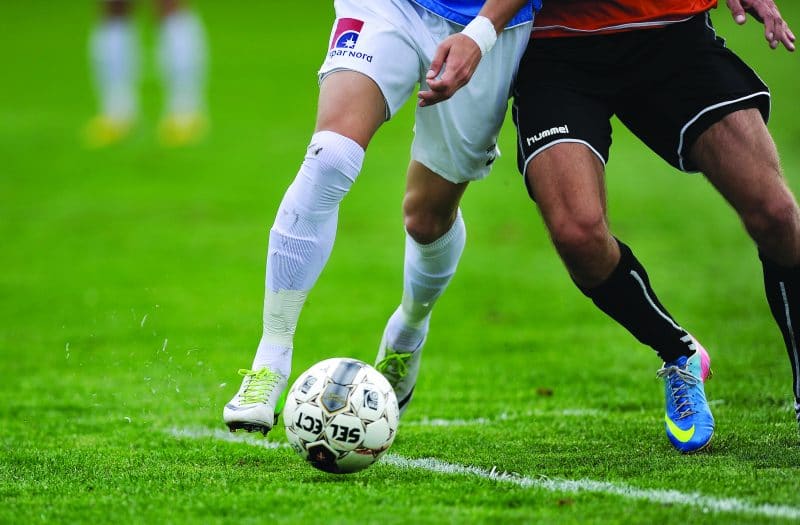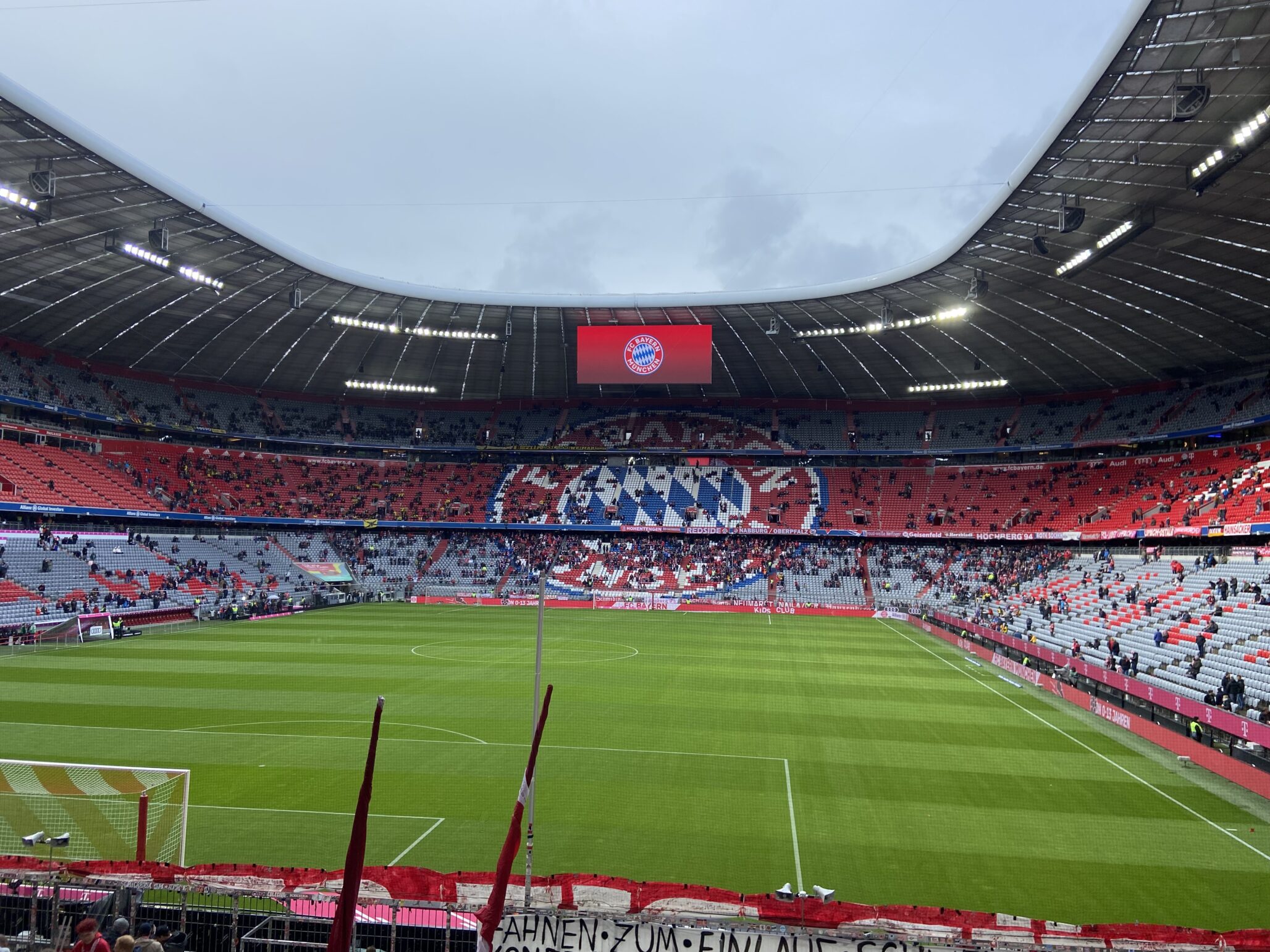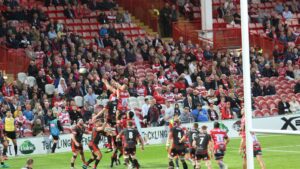It can be a groundsman’s nightmare if he fails to deliver the perfect pitch ready for the admiration of millions of sportsfan’s watching top sports events. The basic needs of grass – light, water, air and fertilizers — can be quite challenging to fulfill in some of the top venues.
When two of Europe’s finest football teams, Real Madrid and Juventus, battled in the Champions League final in Wales on 3 June, the green striped turf made set a perfect scene for the match. Real Madrid won the match 3-1 in the Principality Stadium in Cardiff, Wales — a global event attracting TV audiences of around 200 million from across 200 countries.
The stadium is only partially open to the sky; it lets in daylight through a rectangle of retractable glass directly above the pitch. With an irregular schedule of fixtures, and the shadiest stadium in the UK, the maintenance revolves around repairs and mini renovations throughout the year. Between October and February, the sun doesn’t rise high enough to get onto the pitch at all, so for five months of the year it’s in complete shade.
Even though the pitch managers use lighting rigs, they only have enough to cover half the pitch at one time. Therefore, it’s vital that the grass seed mixtures can work in the environment you’re faced with and that grass mixtures used for overseeding can tolerate shade. This special feature is a breeding goal in line with other important traits like wear tolerance, disease resistance, shoot density and a good strong colour suitable for broadcast on television.
Top turf for Russia’s World Cup warm-up
From the middle of June 2017, the eyes of world football will turn to Russia and the Confederations Cup. The contest, which takes place in the cities of Kazan, Moscow, Saint Petersburg and Sochi between 17 June and 2 July, is a prelude to the 2018 World Cup. The Confederations Cup is a test for turf growers as much as it is for players. Russia’s tough continental climate – cold winters and hot summers – can be hard on sports pitches. The overseeding solutions for these pitches involves 4turf® varieties, that sets new standards for turf-grass performance.
It’s well-known that tetraploid grasses perform better than other turf grasses. Since DLF breeds turf and sports grasses for quality and performance, we decided to use the potential of tetraploid grasses to create the foundation for a new generation of lawn and sports grasses now known as 4turf® especially suited for locations where disease tolerance and persistence are critical. Our exclusive 4turf® varieties is an important partner in helping to prepare Russian pitches for this summer’s Confederations Cup and next year’s World Cup.








